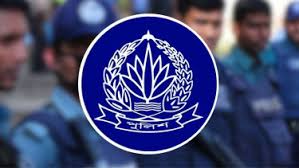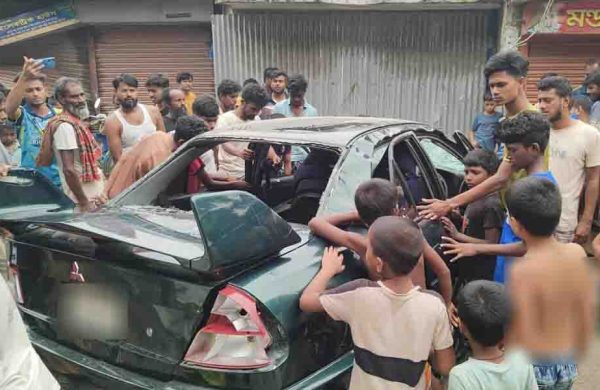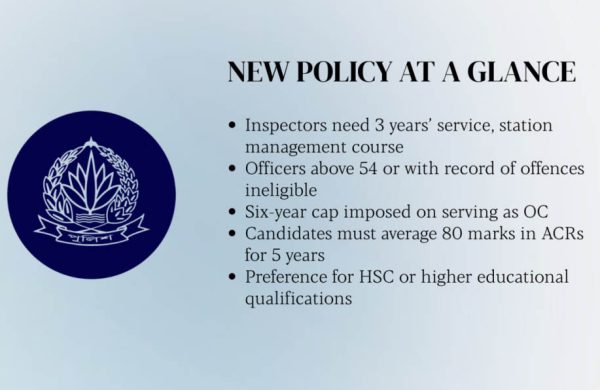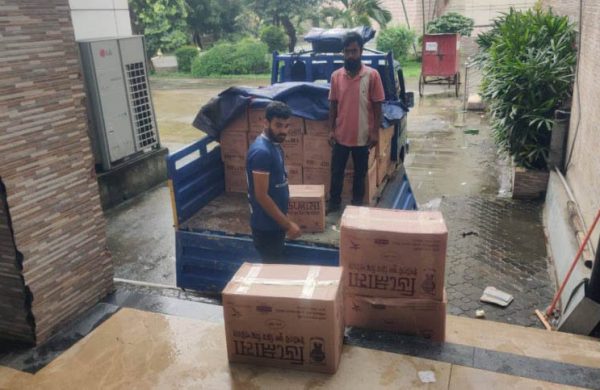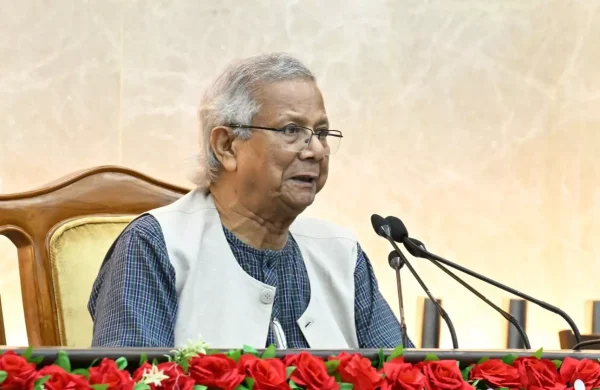Reform, polls impossible without Awami League: Joy tells Reuters
- Update Time : Wednesday, September 25, 2024

TDS Desk:
Bangladesh will not see genuine reforms or polls if the Awami League is excluded, says Sajeeb Wazed Joy, the son of ousted prime minister Sheikh Hasina.
However, he told Reuters that he was satisfied with the army chief Gen Waker-Uz-Zaman’s timeline for elections in around 18 months, though he called the date later than expected.
Waker had previously told Reuters that democracy should return within a year to a year and a half.
“I’m happy to hear we have an expected timeline at least now,” Joy told Reuters on Tuesday.
“But we have seen this play out before where an unconstitutional, unelected government promises reform and then things only get worse.”
Joy’s words recall Bangladesh’s long history of coups, the most recent of which was in 2007. A military-backed caretaker government had ruled for around two years before an election that delivered Hasina to power.
Hasina resigned her premiership and fled Bangladesh to India in the face of a student-led mass uprising on Aug 5.
The Anti-discrimination Student Movement, which had started as a platform calling for reforms to the quota system for government jobs, turned into an anti-government movement after hundreds died in violence surrounding the protests.
Following the overthrowing of the Awami League administration, the military took over the key role of providing security as the police force was left in disarray.
Meanwhile, an interim government led by Nobel peace laureate Muhammad Yunus took power on Aug 8. Yunus has promised reforms in the judiciary, police and financial institutions before the election, but has not set a date for the polls.
The BNP has called on the interim government to hold elections as quickly as possible
On Wednesday, Yunus’ office told Reuters the government would hold talks with political parties after receiving recommendations from the six reform panels it has set up.
“Once the consensus on the reforms is reached and the voter list is prepared, the date for the vote will be announced,” it said.
The BNP said it would like elections held at the earliest opportunity.
The head of an election reform panel, Badiul Alam Majumder, said it would make recommendations within three months on the matter.
“It’s up to the government to decide whether to hold talks with the Awami League or determine the timing of the elections,” he added.
Joy said the Awami League said that neither he nor the interim government had reached out to the other party for talks.
“It’s impossible to have legitimate reforms and elections by excluding the oldest and largest political party,” he said.
Many senior Awami League leaders, former ministers, MPs, and advisors have been arrested on accusations of playing a part in the violence surrounding the protests. Others have gone into hiding.
Many Awami League activists have been killed since Hasina’s ousting, Joy claims.
Last month, he told Reuters that Hasina was ready to face trial at home, a demand made by students who led the uprising, and that the Awami League would like to contest the elections.
On Tuesday, asked when Hasina might return home, he said to Reuters: “That will be up to her. Right now I want to keep my party people safe, so I want to raise international awareness on the atrocities being committed against them by this Yunus regime.”
Representatives of the interim government did not immediately respond to requests for comment on his statements.



